
Charles Q. Choi
Charles Q. Choi is a contributing writer for Space.com and Live Science. He covers all things human origins and astronomy as well as physics, animals and general science topics. Charles has a Master of Arts degree from the University of Missouri-Columbia, School of Journalism and a Bachelor of Arts degree from the University of South Florida. Charles has visited every continent on Earth, drinking rancid yak butter tea in Lhasa, snorkeling with sea lions in the Galapagos and even climbing an iceberg in Antarctica. Visit him at http://www.sciwriter.us
Latest articles by Charles Q. Choi
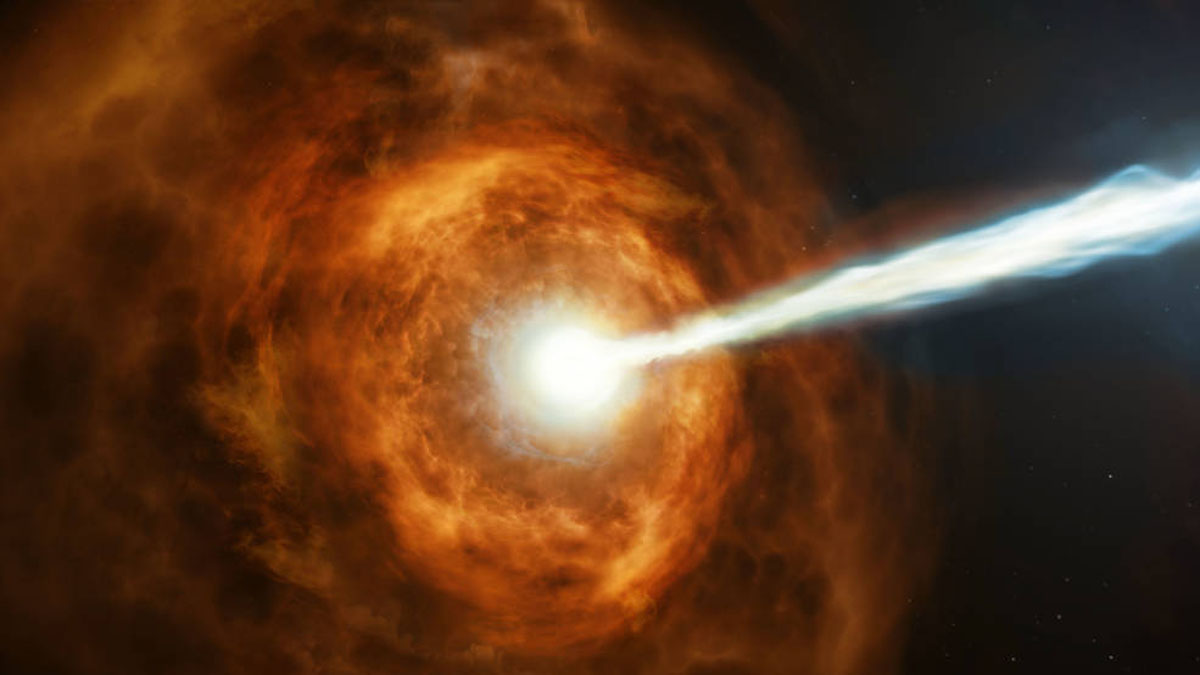
The most powerful explosions in the universe could reveal where gold comes from
By Charles Q. Choi published
Extraordinarily powerful light from gamma-ray bursts might help produce heavy elements from the outer shells of dying stars.
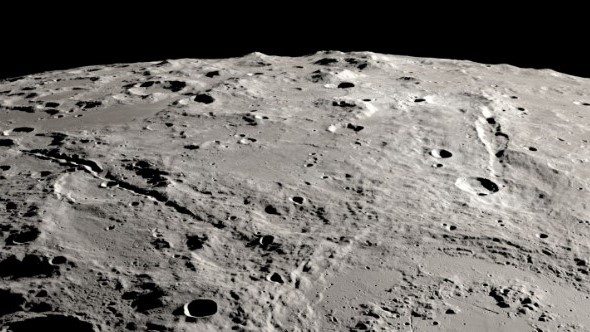
Bullet-fast moon rocks carved 2 lunar gorges deeper than the Grand Canyon
By Charles Q. Choi published
The lunar canyons Vallis Schrödinger and Vallis Planck are extraordinarily deep, and scientists now know the valleys were carved by bullet-fast moon rocks.
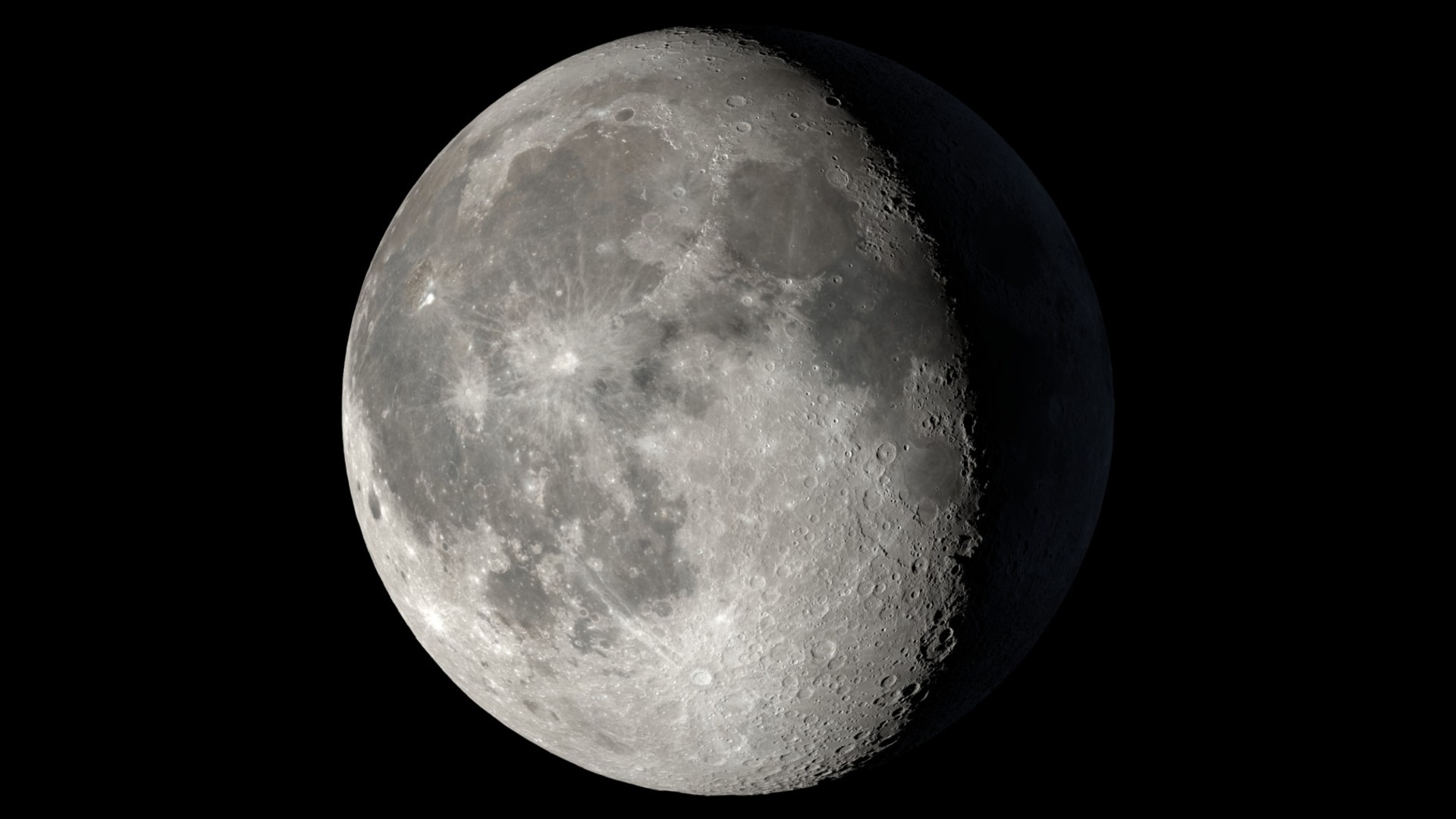
The moon may be 100 million years older than we thought
By Charles Q. Choi published
The moon may have received a volcanic facelift, making it more than 100 million years older than rocks collected from its surface might suggest, a new study finds.
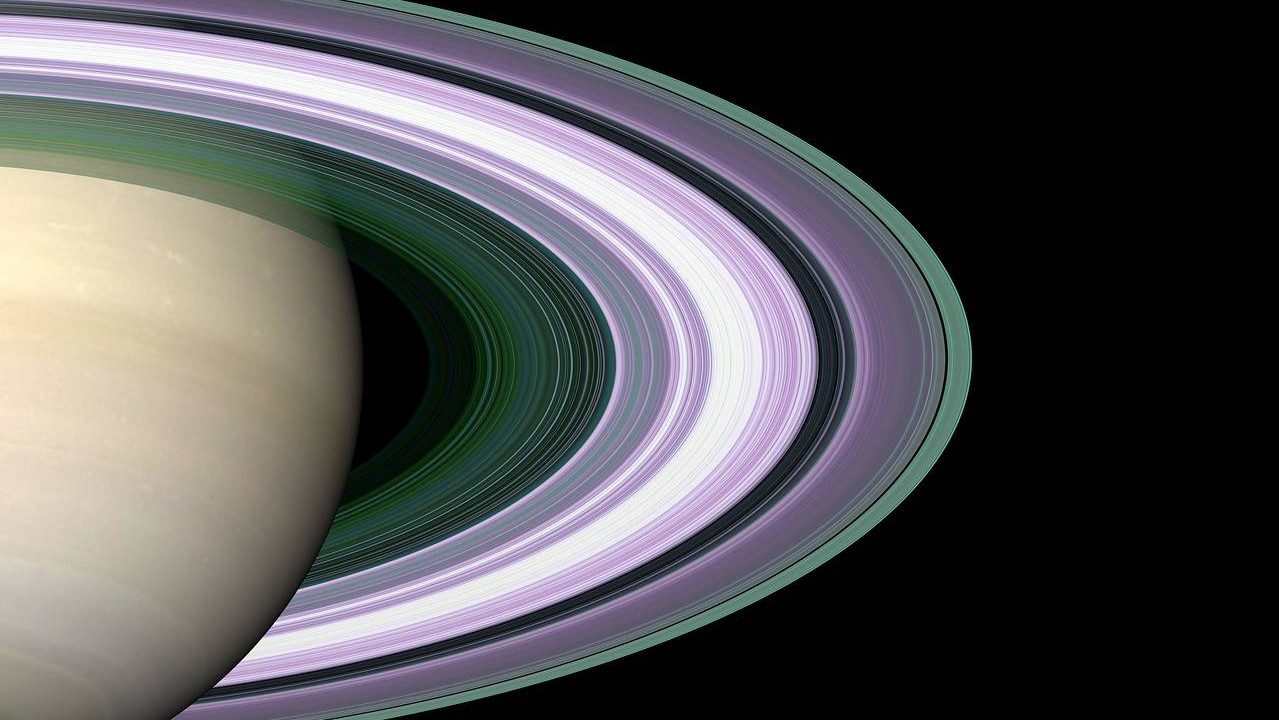
Saturn's rings could be much older than scientists first thought
By Charles Q. Choi published
Saturn's rings might not be younger than the dinosaurs as recently suggested, but nearly as old as the giant planet itself at billions of years in age, a new study says.
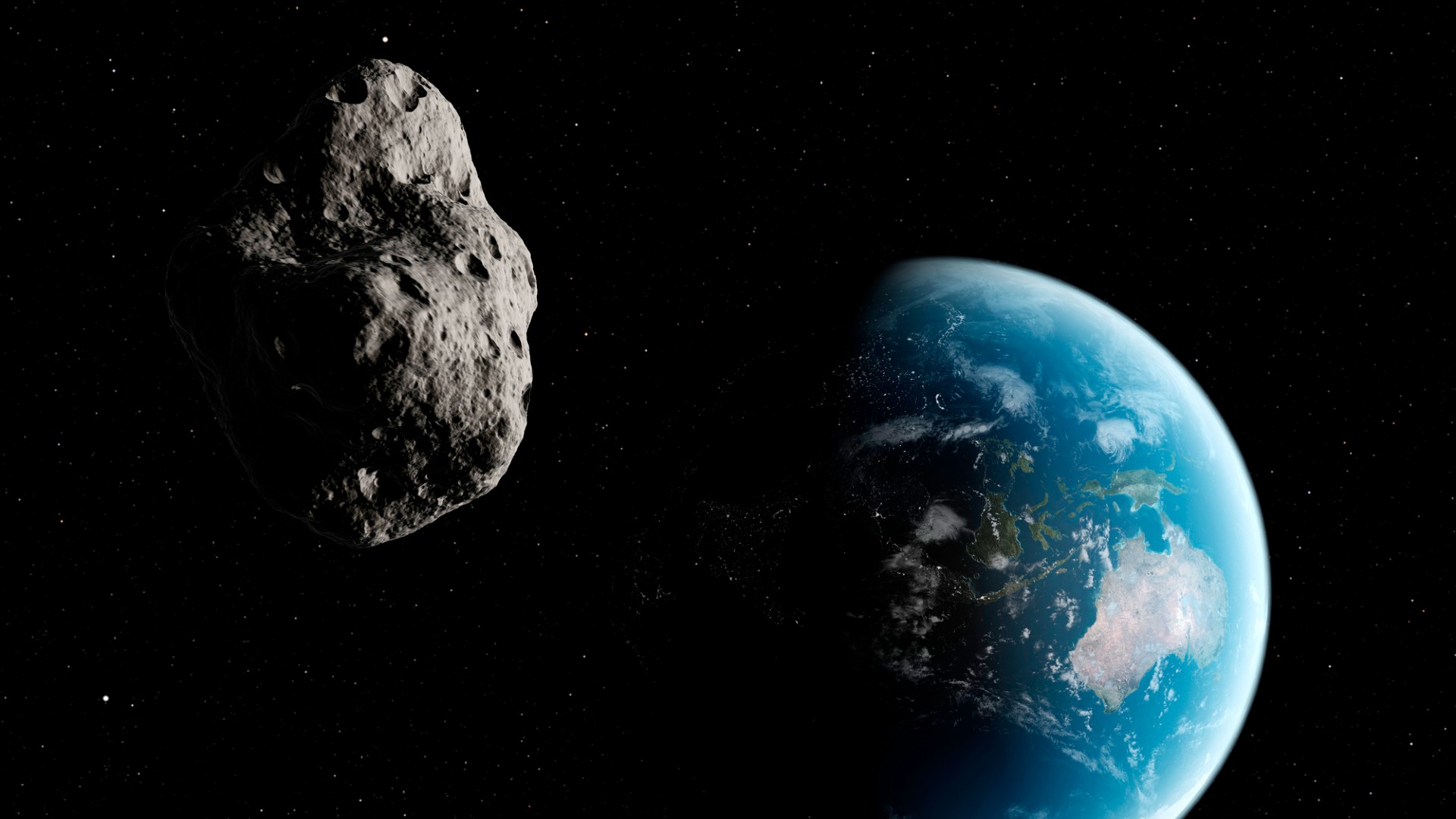
X-rays from a nuclear explosion could redirect an asteroid
By Charles Q. Choi published
Scientists have found nuclear weapons could actually help deflect an incoming cosmic impact — not by blowing an asteroid up, but by showering it with X-ray radiation.
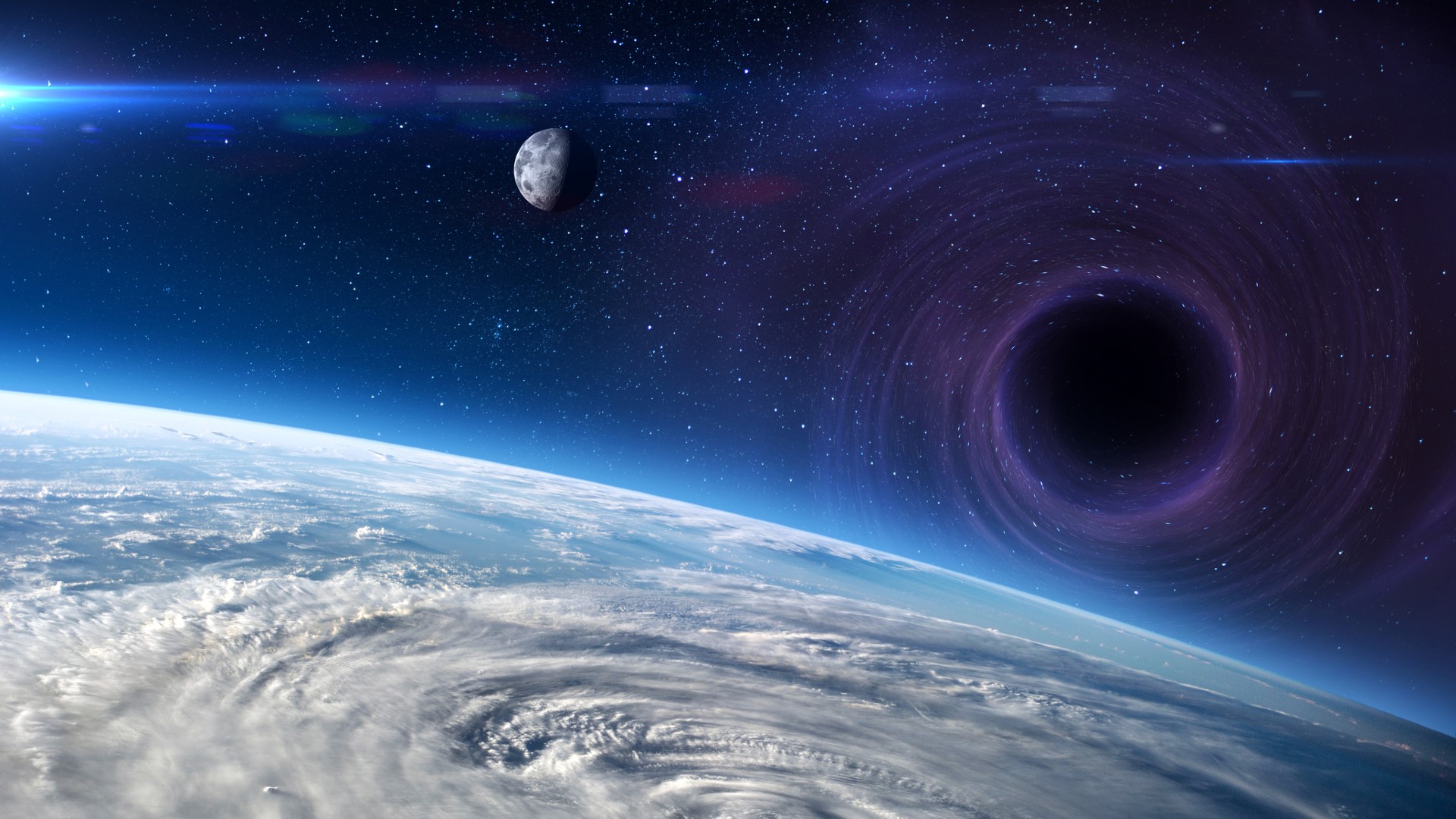
A 'primordial' black hole may zoom through our solar system every decade
By Charles Q. Choi published
"If there are lots of black holes out there, some of them must surely pass through our backyard every now and then."
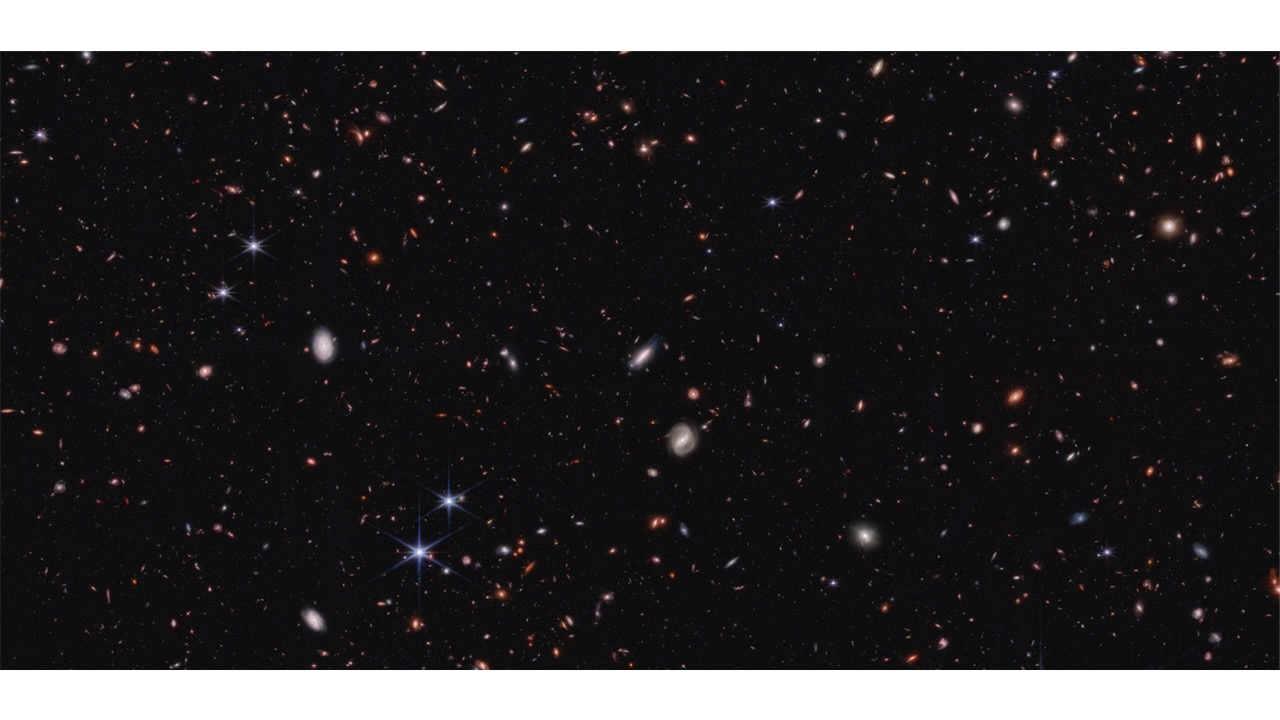
Early galaxies weren't mystifyingly massive after all, James Webb Space Telescope finds
By Charles Q. Choi published
Black holes may be behind why the newborn universe appeared to possess more huge galaxies than scientists could explain, a new study finds.
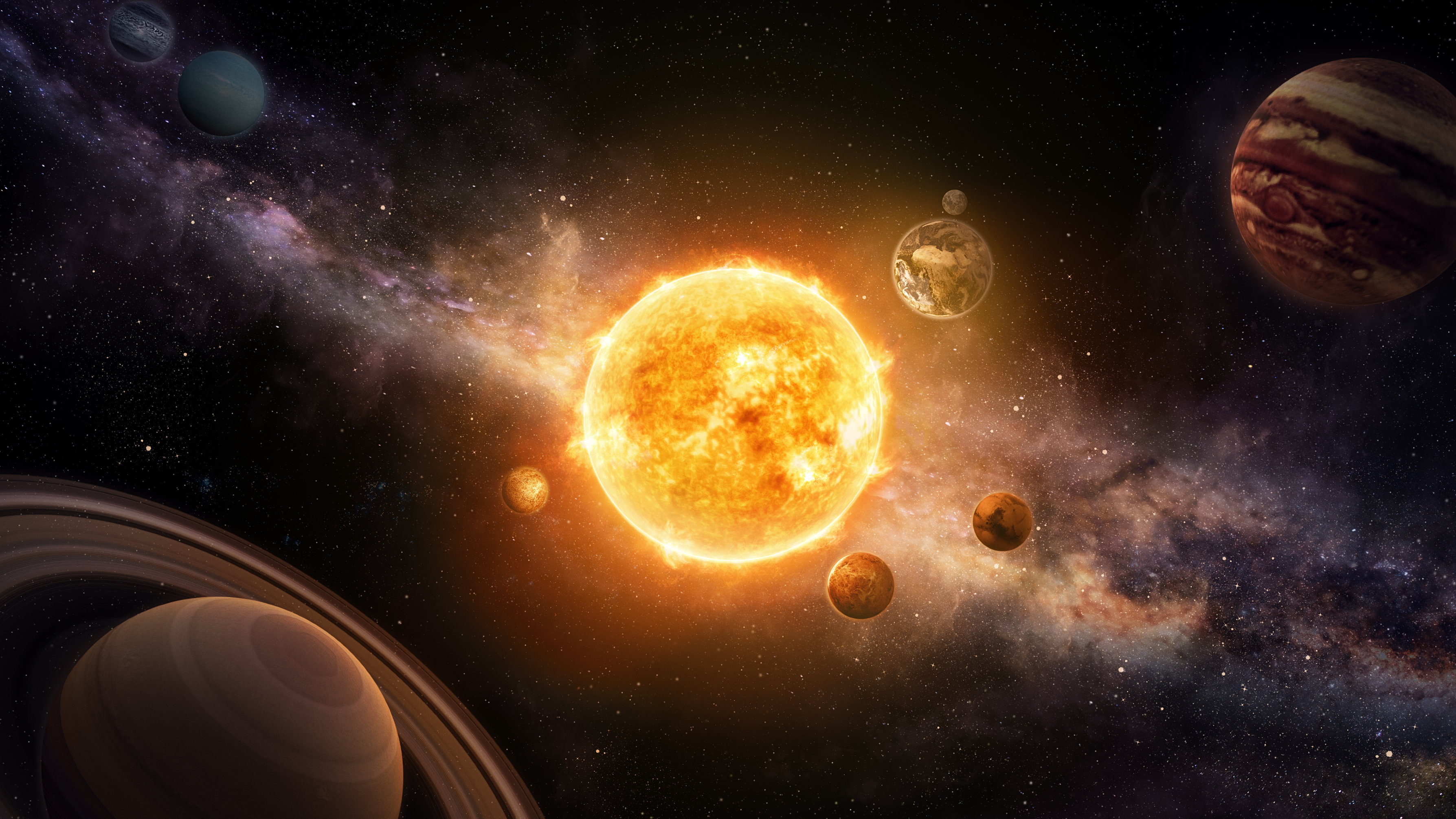
Solar system planets, order and formation: The ultimate guide
By Daisy Dobrijevic last updated
Reference Explore the eight (or nine) planets of the solar system in order from nearest to the sun and discover the many wonders of our solar system along the way.
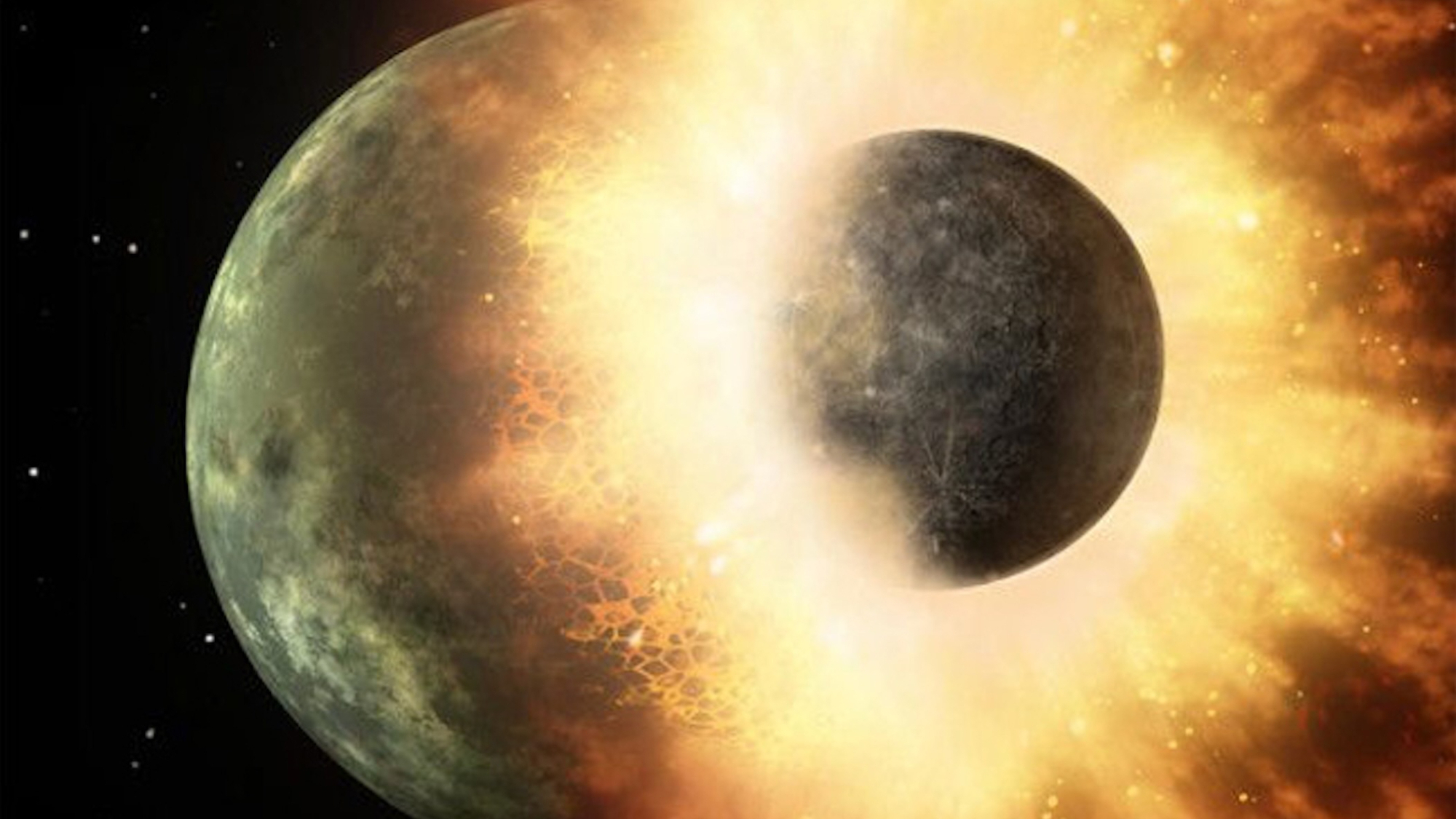
Newborn moon may have had many mini-siblings in Earth orbit long ago
By Charles Q. Choi published
When Earth and our moon were much closer together than they are now, the duo could have had tiny companions, or a disk revolving around them in orbits around the pair's poles, a new study finds.
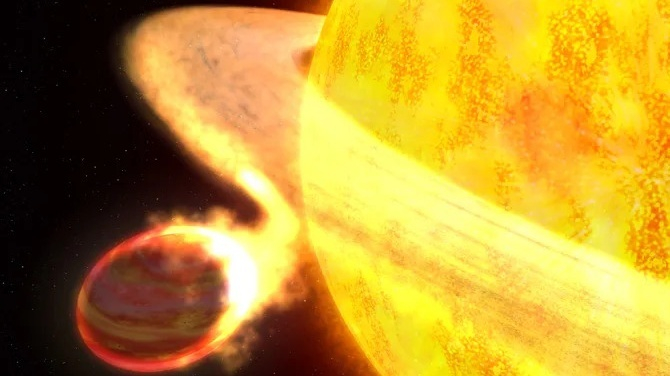
1 in 12 stars might have swallowed a planet
By Charles Q. Choi published
A new study suggests that stars may chomp on planets way more often than you'd expect.
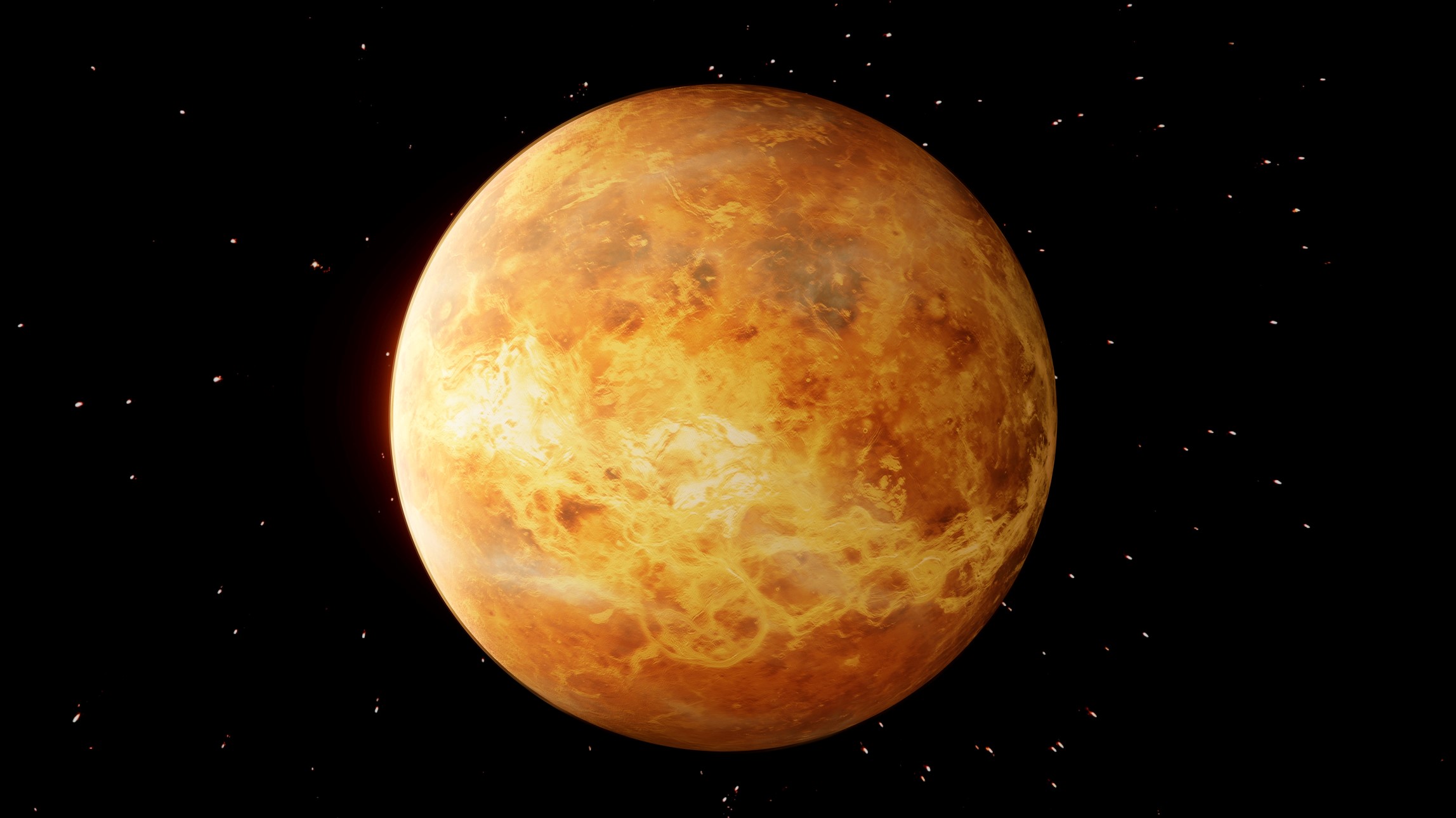
Venus facts: Everything you need to know about the 2nd planet from the sun
By Charles Q. Choi, Chelsea Gohd last updated
Reference Uncover the mysteries of Venus, the solar system's scorching second planet from the sun, renowned for its intense heat and brightness.
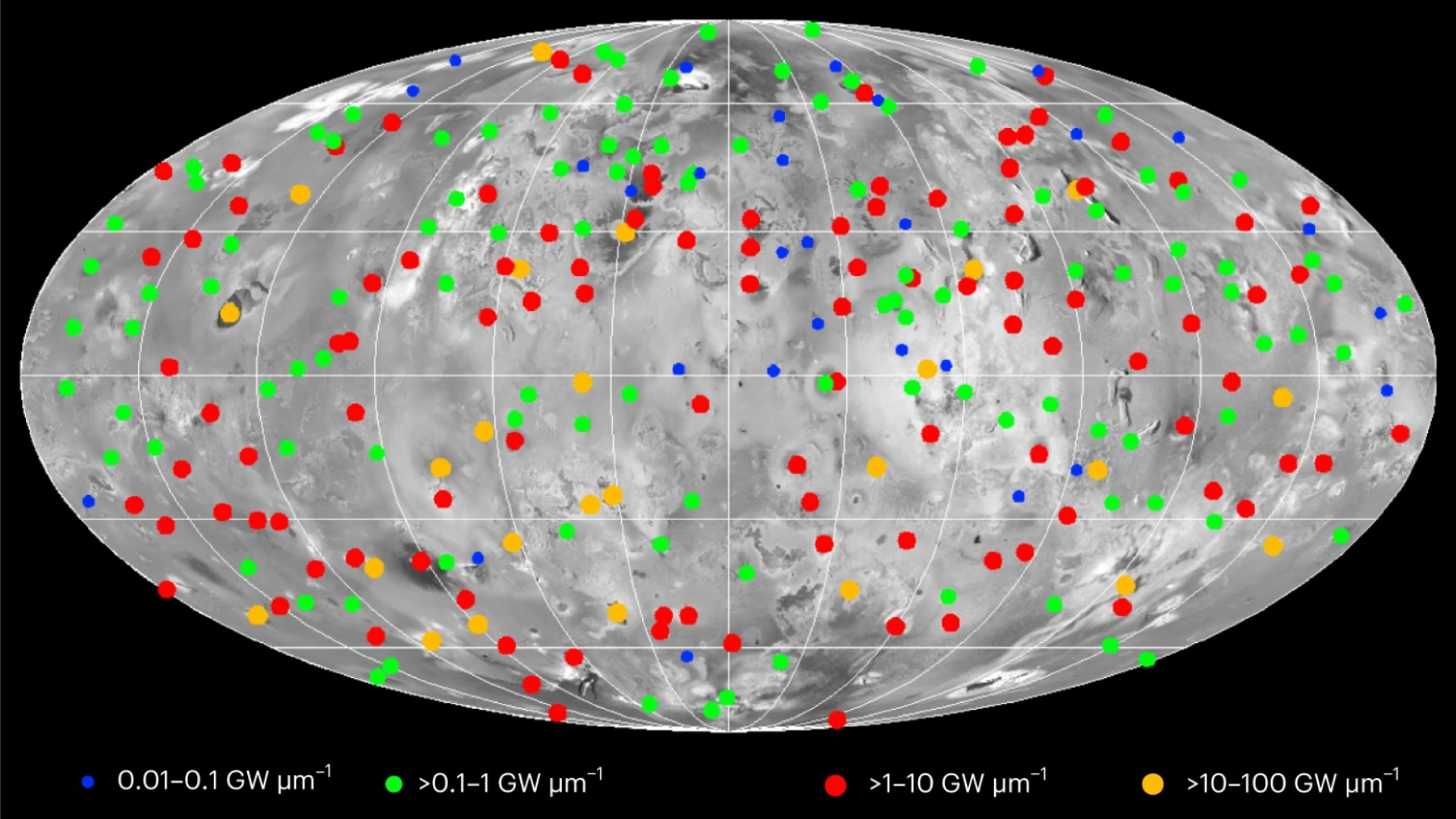
Jupiter's moon Io is covered in active volcanoes. Now we have the 1st map of them
By Charles Q. Choi published
Jupiter's moon Io, the most volcanically active world in the solar system, may possess a global ocean of magma underneath its surface, as well as mysteriously warm poles, a new study finds.
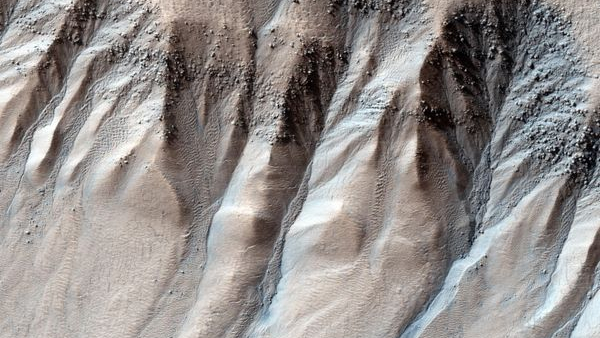
AI chemist finds molecule to make oxygen on Mars after sifting through millions
By Charles Q. Choi published
Scientists want to split Martian water to make oxygen. They're employing AI to light the way.
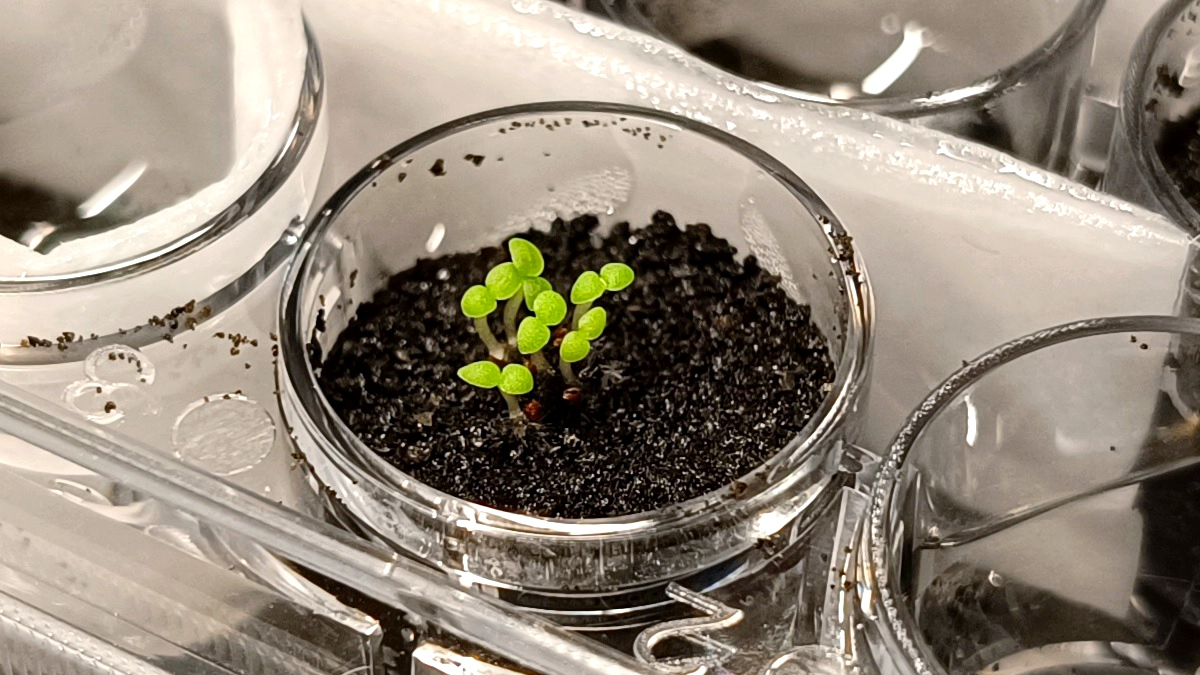
Astronauts might be able to grow plants on the moon, thanks to a few Earth microbes
By Charles Q. Choi published
Microbes could help unlock vital nutrients in lunar soil to one day help farms sustain astronaut crews on the moon, a new study reports.
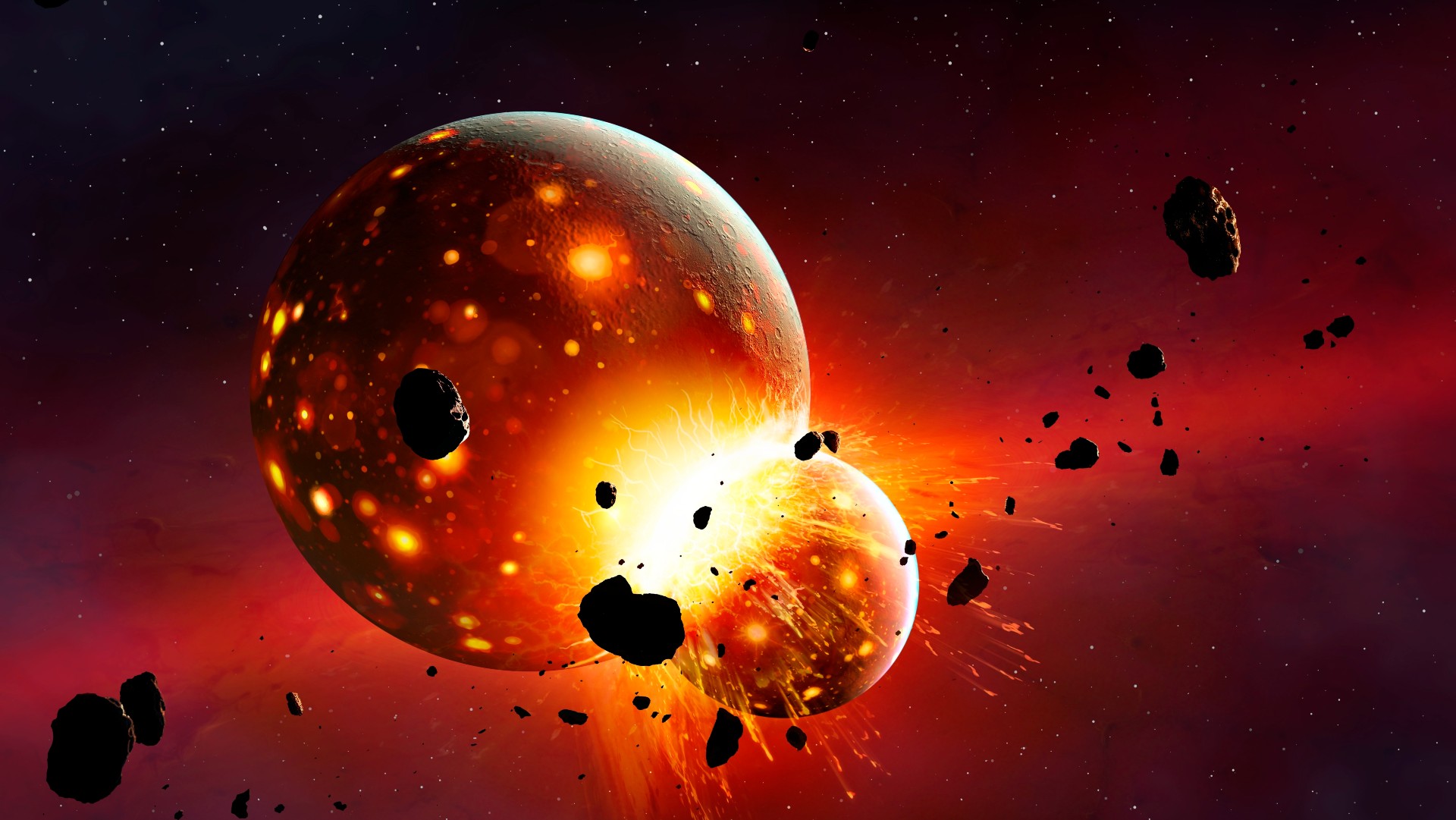
A chunk of the 'protoplanet' that made the moon may be stuck near Earth's core
By Charles Q. Choi published
The newborn Earth was struck by a Mars-size rock that helped create the moon, and the impact may have left behind continent-size remnants of the rock near Earth's core, a new study finds.
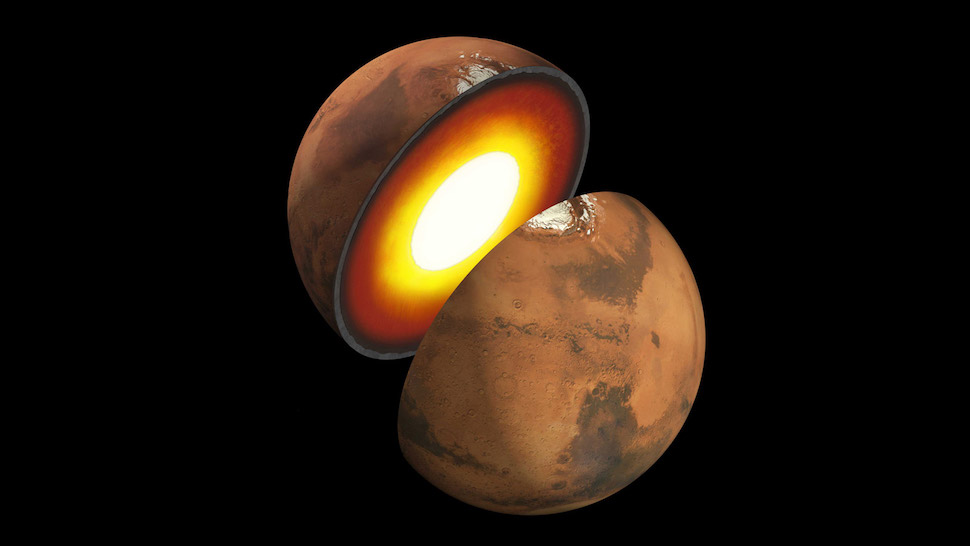
Thanks to a layer of molten rock, Mars' core appears bigger than it is
By Charles Q. Choi published
Scientists have wondered why Mars' core can be so big and light at the same time. Two new studies might have an explanation.
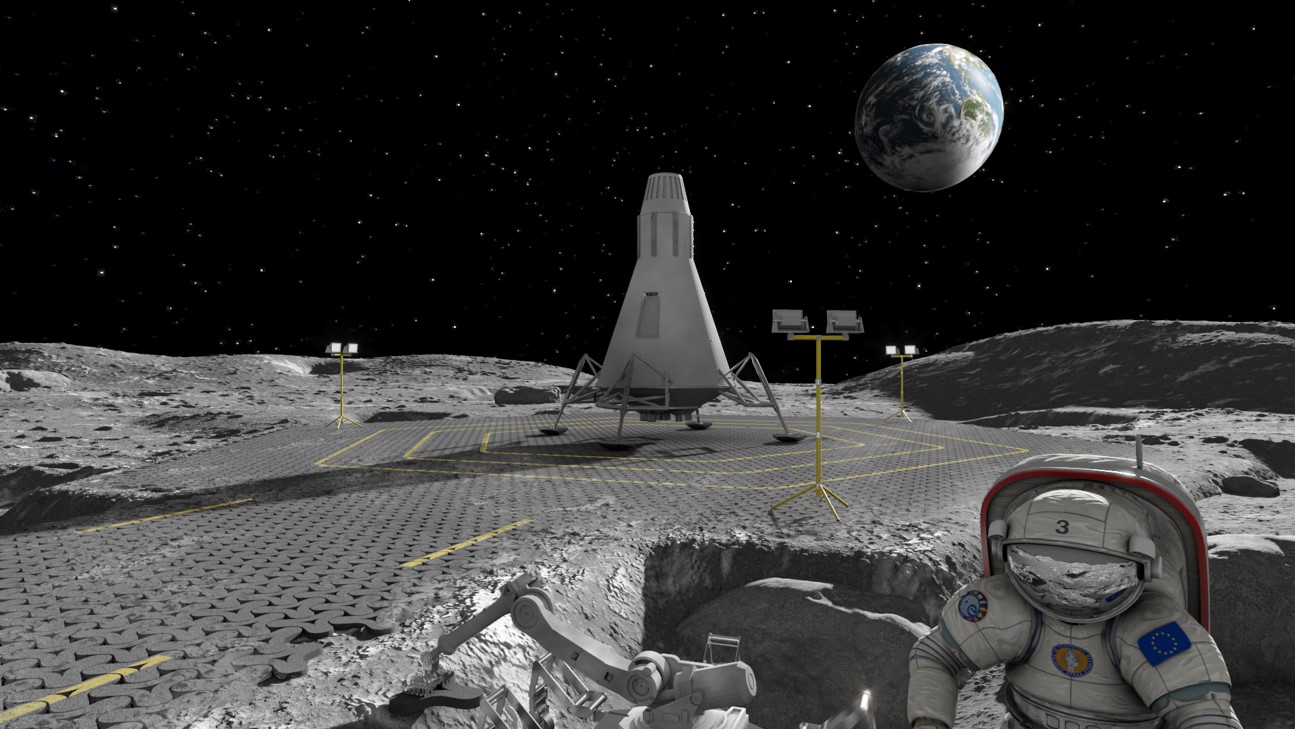
Scientists want to make moon roads by blasting lunar soil with sunlight
By Charles Q. Choi published
Lunar dust can be a hazard for off-world rovers — so scientists are suggesting we create a road system on the moon.
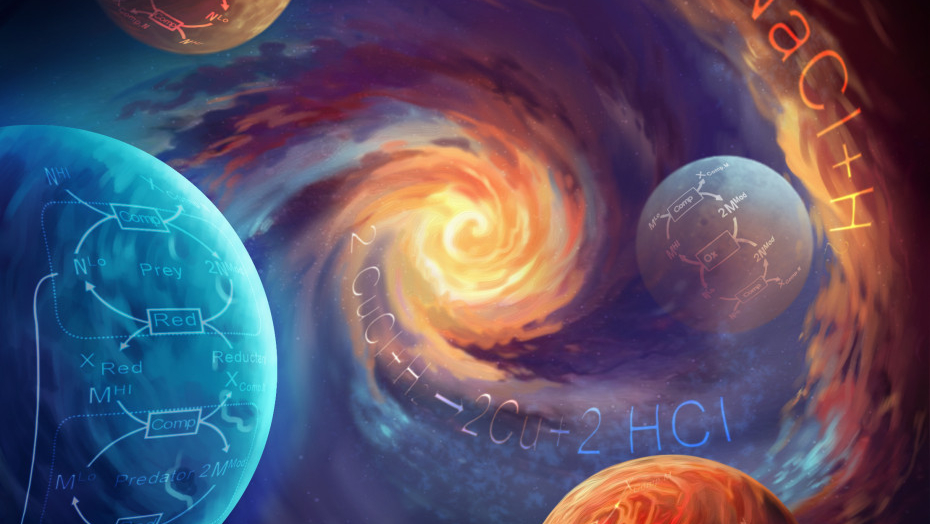
Alien life may not be carbon-based, new study suggests
By Charles Q. Choi published
Self-sustaining chemical reactions that could support biology radically different from life as we know it might exist on many different planets, a new study finds.
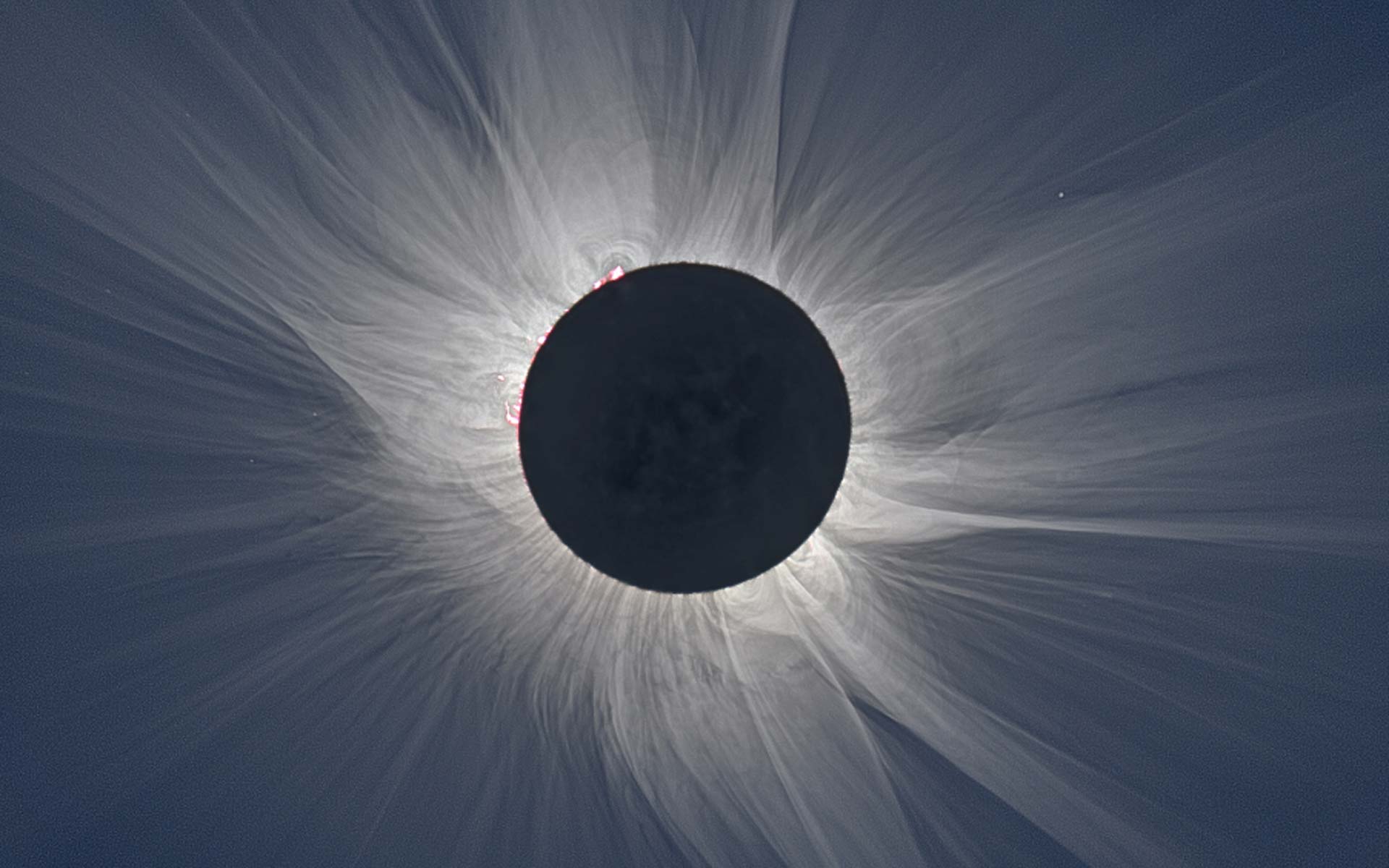
Scientists may finally know why the sun's outer atmosphere is so freakishly hot
By Charles Q. Choi published
Our host star's corona is hotter than its 'surface.' It's unclear as to why.
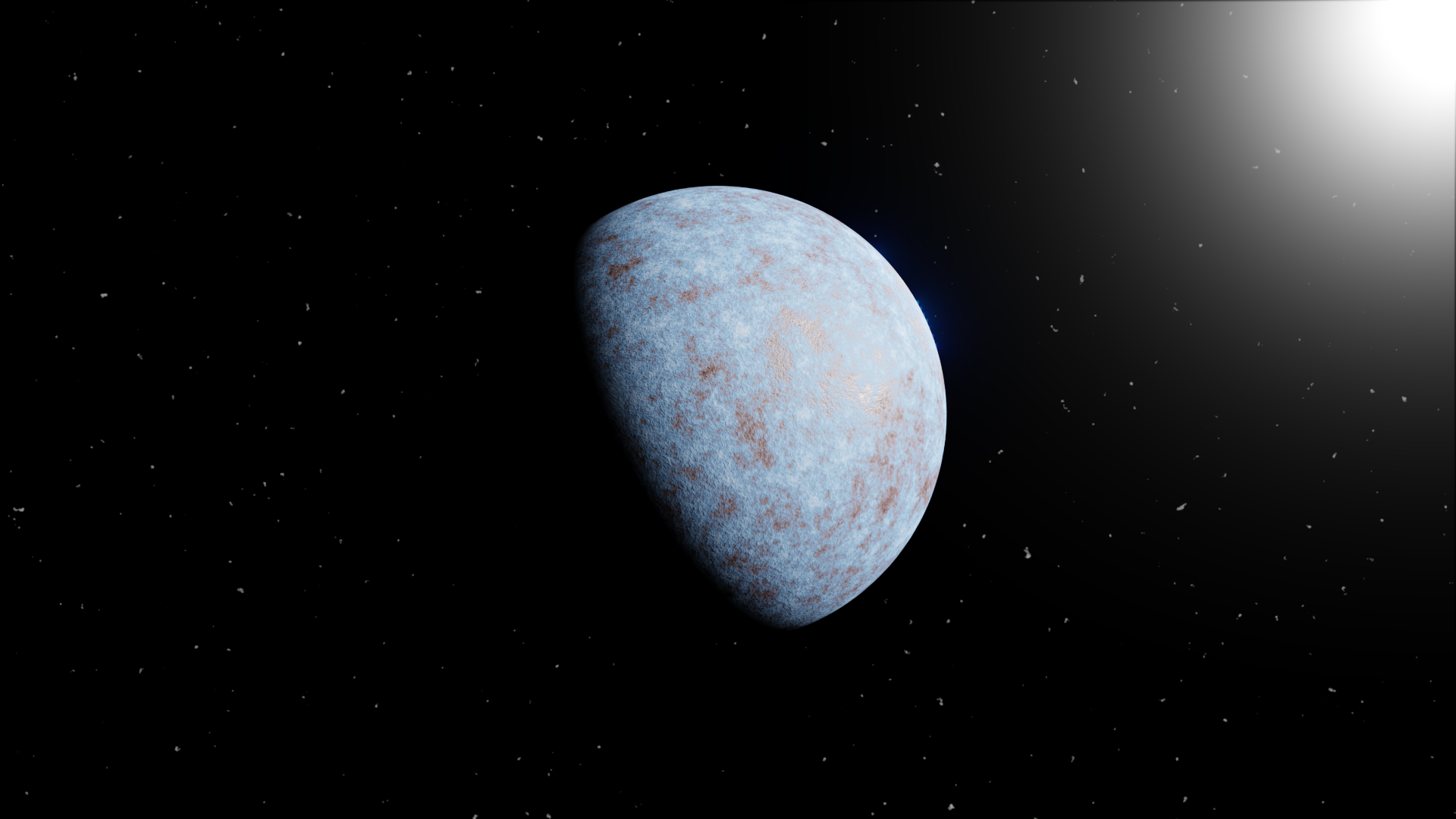
Scorching Neptune-size world is way too massive for astronomers to explain
By Charles Q. Choi published
Astronomers have unexpectedly discovered the heaviest Neptune-like planet yet — one four times more massive than our solar system's Neptune.
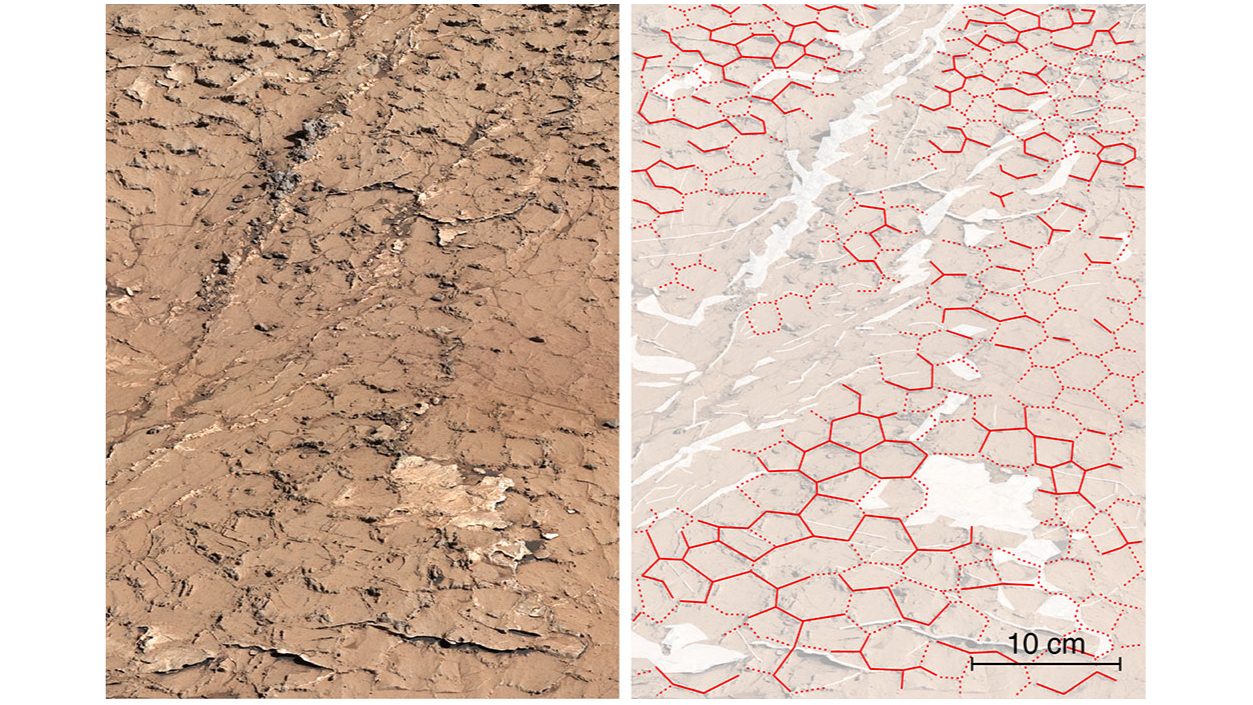
Ancient mud cracks on Mars suggest Red Planet may have been more habitable than thought
By Charles Q. Choi published
Ancient mud cracks found by NASA's Curiosity rover suggest that Mars underwent a repeated cycle of wet and dry spells that could have supported the emergence of life.
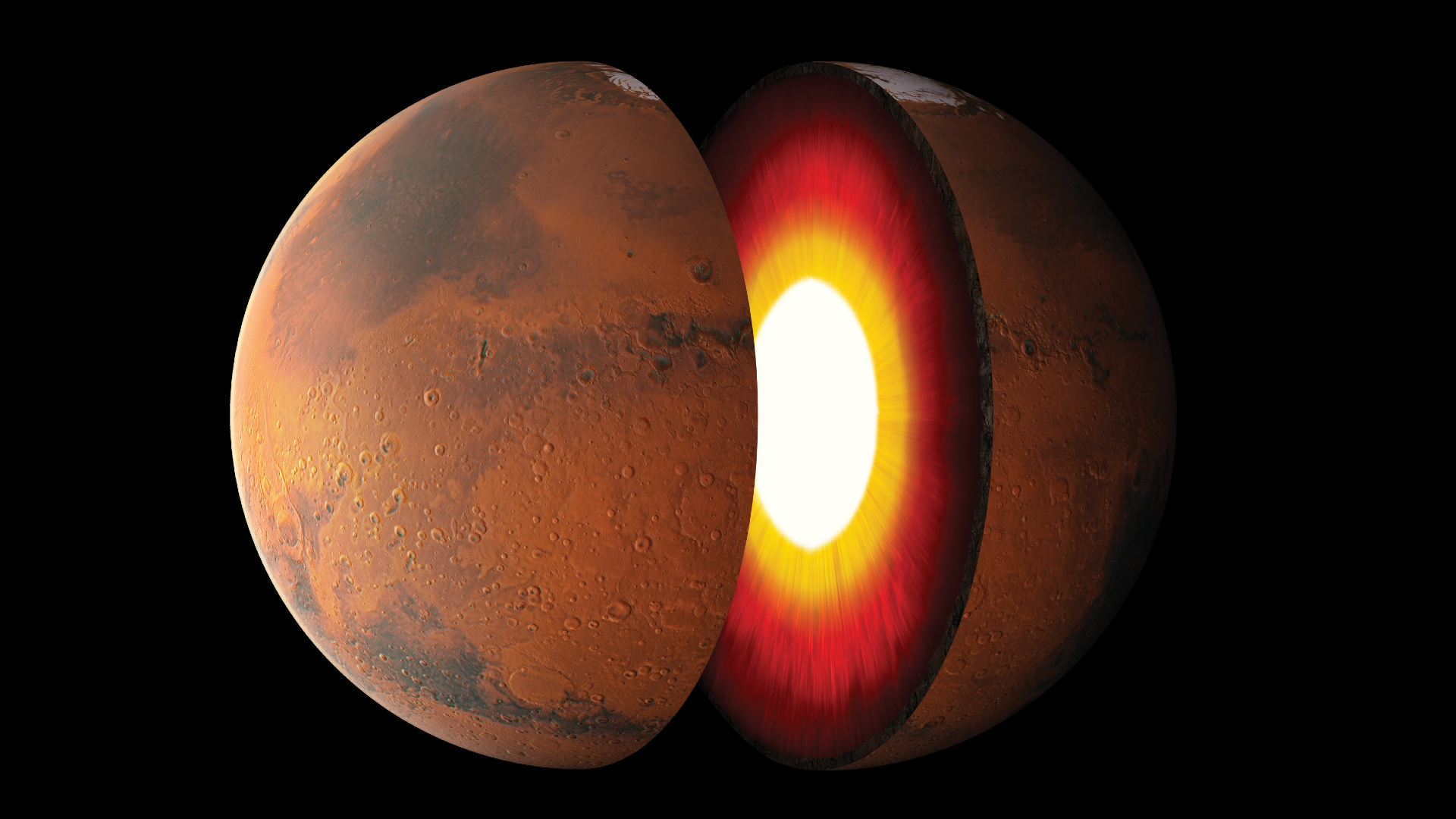
Mars: Everything you need to know about the Red Planet
By Charles Q. Choi last updated
Reference Mars, the fourth planet from the sun is famed for its rusty red appearance. Here we explore the Red Planet in more detail and see why scientists find it so intriguing.
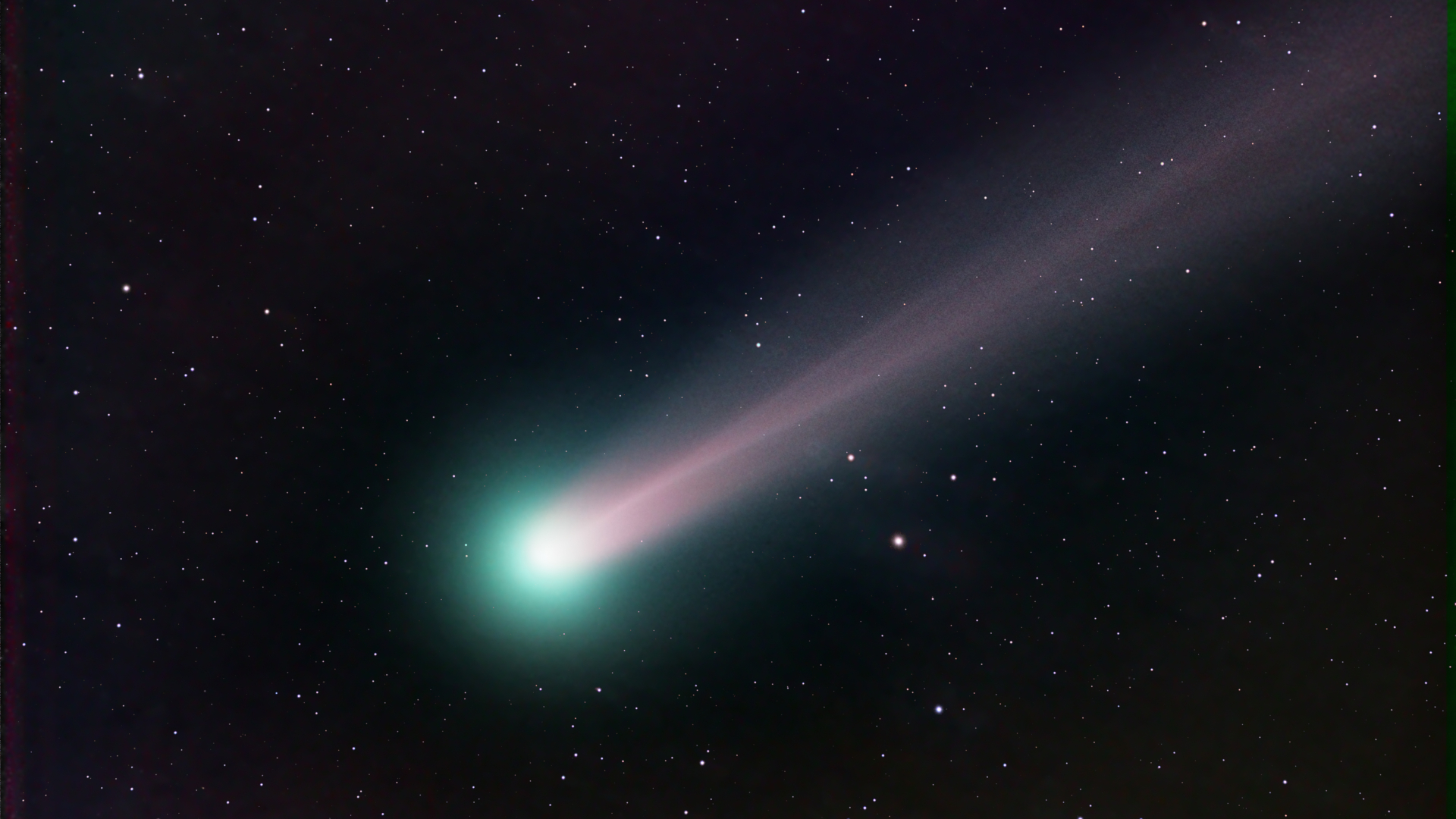
Comets: Everything you need to know about the 'dirty snowballs' of space
By Charles Q. Choi, Daisy Dobrijevic last updated
Reference Comets are icy leftovers from the formation of the solar system. Explore these 'dirty snowballs' in more detail with our comet guide.
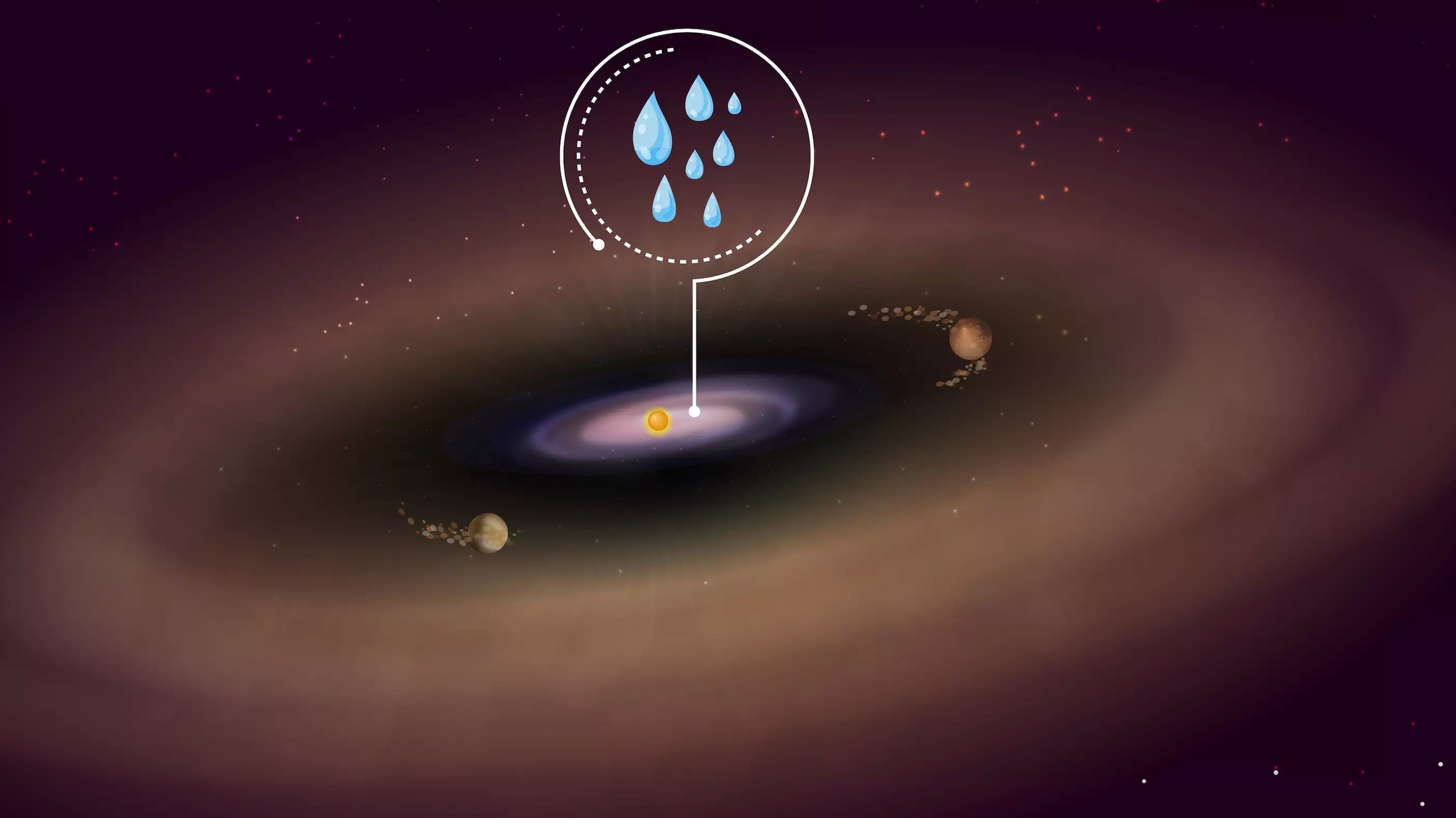
James Webb Space Telescope spies water near center of planet-forming disk in cosmic 1st
By Charles Q. Choi published
Rocky exoplanets could possess large amounts of water from the moment they form, observations by the James Webb Space Telescope suggest.
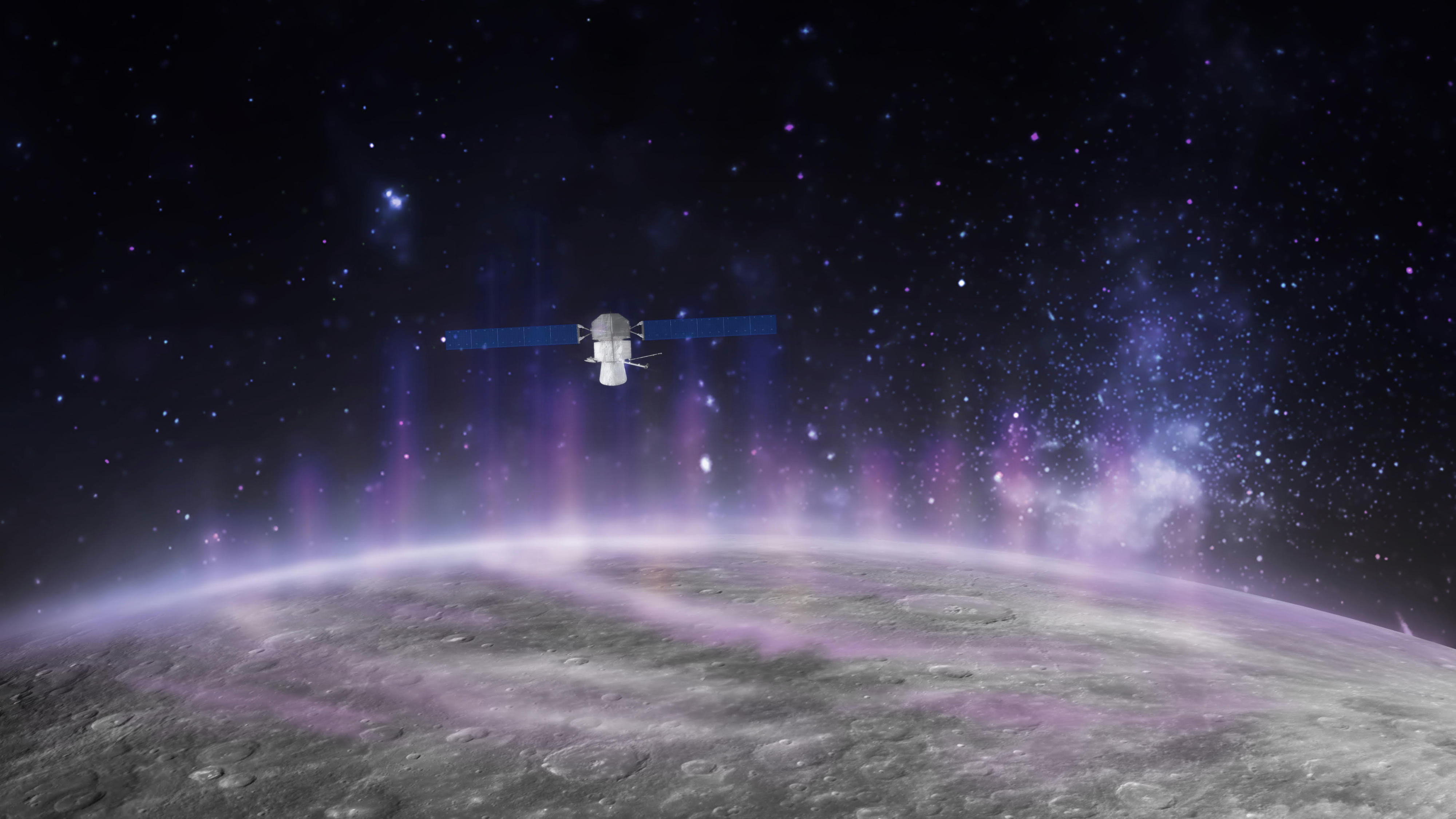
Auroras across the solar system are powered in the same way, Mercury results suggest
By Charles Q. Choi published
The way in which the radiant displays of colors in the sky known as auroras form on Earth may be how these lights arise throughout the solar system, according to new findings from Mercury.
Get the Space.com Newsletter
Breaking space news, the latest updates on rocket launches, skywatching events and more!
